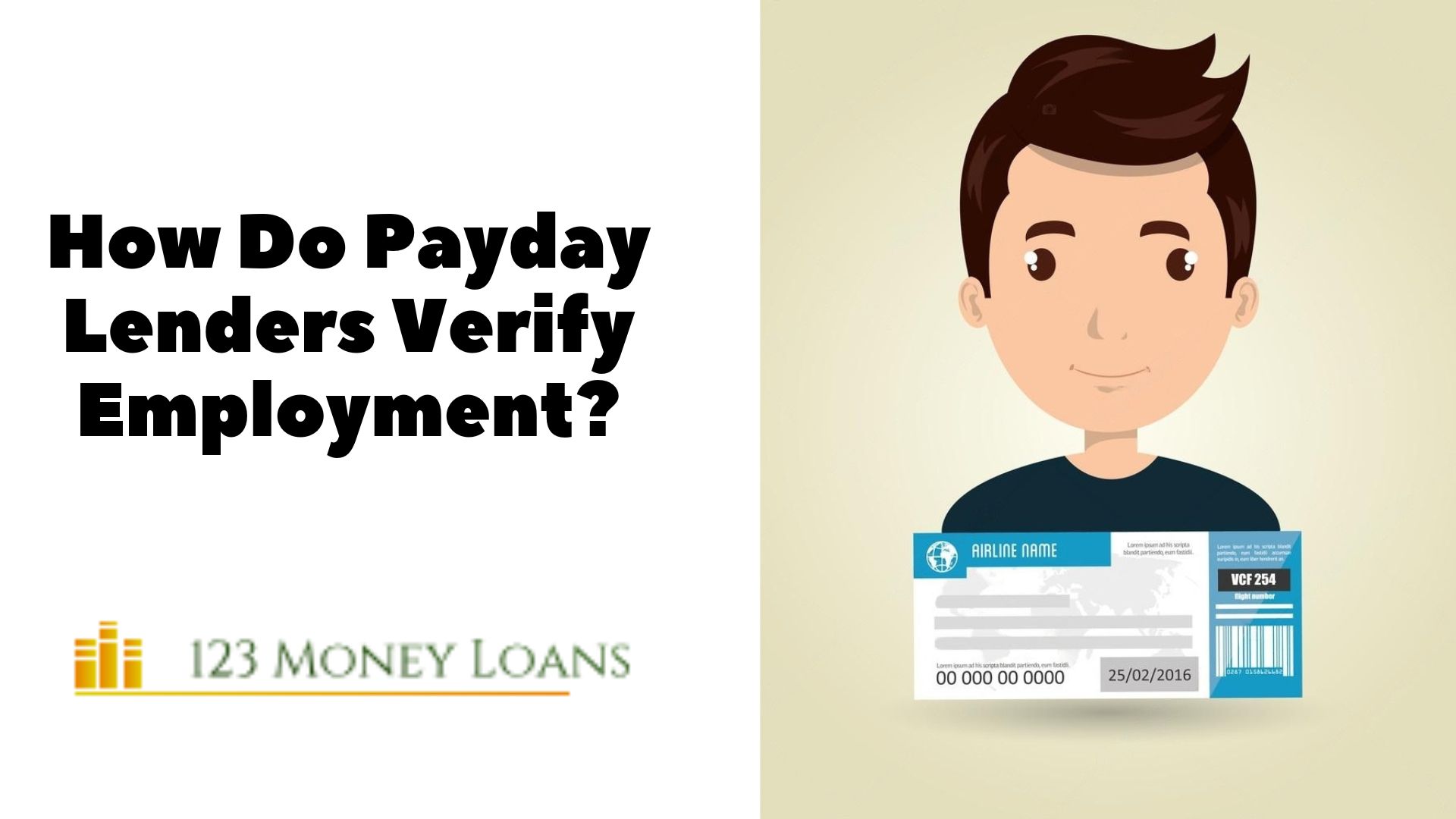How Do Payday Lenders Verify Employment?
When you apply for a payday loan, the lender will typically require that you provide proof of employment. This is to ensure that you have a steady source of income and are able to repay the loan. There are a few different ways that lenders can verify your employment.
The most common way is for the lender to contact your employer directly. They will usually do this by phone or email. The lender will typically ask for your job title, salary, and how long you have been employed. They may also ask if you are eligible for overtime pay or other benefits.
How do I know if a lender will contact my employer?
When you apply for a payday loan, the lender will typically ask for your permission to contact your employer. If you give your permission, the lender will then have your employer’s contact information.
If you do not want the lender to contact your employer, you can usually opt out of this verification step. However, this may make it more difficult to get approved for the loan.
Another way that lenders can verify your employment is through a pay stub. This is a document that shows your gross income and deductions for taxes and other withholdings. It can be obtained from your employer or from a third-party provider.
Finally, some lenders may use public records to verify your employment. This can include things like your local property tax assessor’s office or the state unemployment office.
Read also: Emergency Loans for Unemployed
What can a borrower do if a payday loan company illegally contacts their employer?
If a payday loan company contacts your employer without your permission, this is a violation of the Fair Debt Collection Practices Act (FDCPA). You can report this to the Consumer Financial Protection Bureau (CFPB) and take legal action against the lender.
No matter which method is used, the lender will typically require that you provide some proof of employment before approving your loan. This is to ensure that you have a steady source of income and are able to repay the loan. If you are unable to provide proof of employment, the lender may still approve your loan but may charge a higher interest rate.


